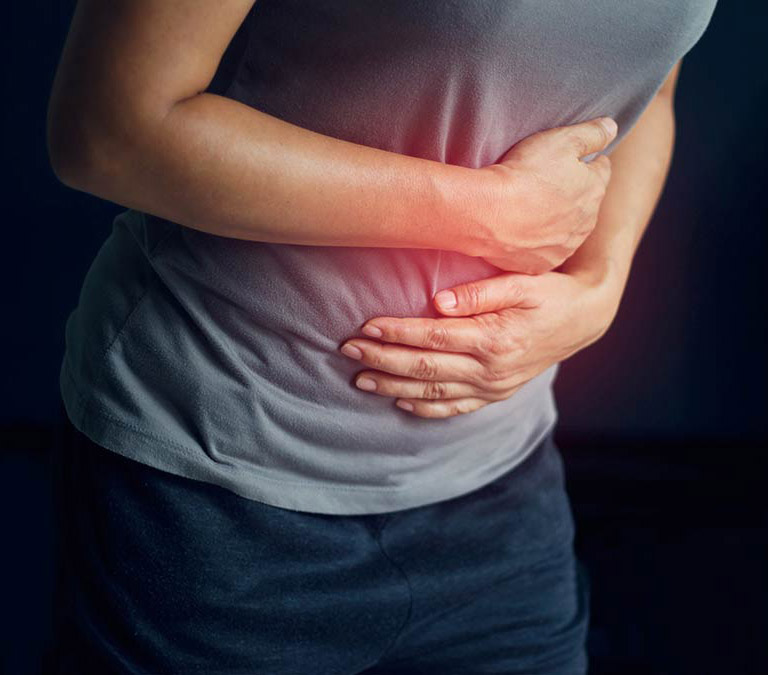 Overview
Overview
Gas in your digestive system is part of the normal process of digestion. Getting rid of excess gas, either by burping or passing gas (flatus), also is normal. Gas pain may occur if gas is trapped or not moving well through your digestive system.
An increase in gas or gas pain may result from eating foods that are more likely to produce gas. Often, relatively simple changes in eating habits can lessen bothersome gas.
Certain digestive system disorders, such as irritable bowel syndrome or celiac disease, may cause — in addition to other signs and symptoms — an increase in gas or gas pain.
Symptoms
Signs or symptoms of gas or gas pains include:
- Burping
- Passing gas
- Pain, cramps or a knotted feeling in your abdomen
- A feeling of fullness or pressure in your abdomen (bloating)
- An observable increase in the size of your abdomen (distention)
Burping is normal, particularly during or right after a meal. Most people pass gas up to 20 times a day. Therefore, while having gas may be inconvenient or embarrassing, burping and passing gas are rarely by themselves a sign of a medical problem.
When to see a doctor
Talk to your doctor if your gas or gas pains are so persistent or severe that they interfere with your ability to function well in daily life. Gas or gas pains accompanied by other signs or symptoms may indicate more-serious conditions. See your doctor if you experience any of these additional signs or symptoms:
- Bloody stools
- Change in consistency of stools
- Change in frequency of bowel movements
- Weight loss
- Constipation or diarrhea
- Persistent or recurrent nausea or vomiting
Seek immediate care if you experience:
- Prolonged abdominal pain
- Chest pain